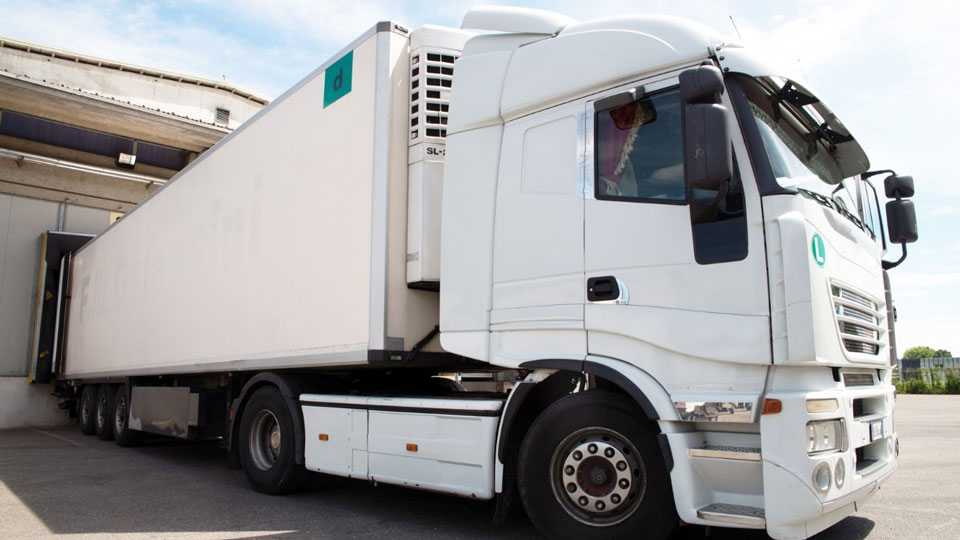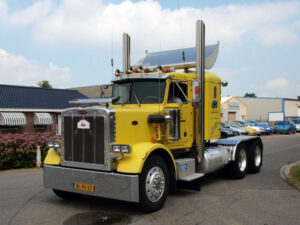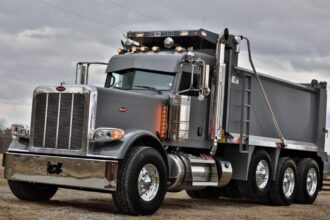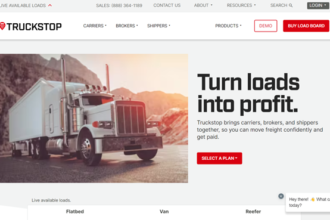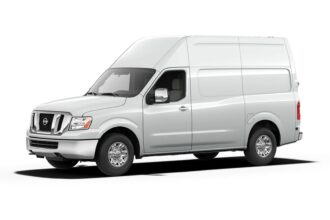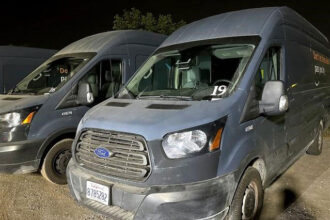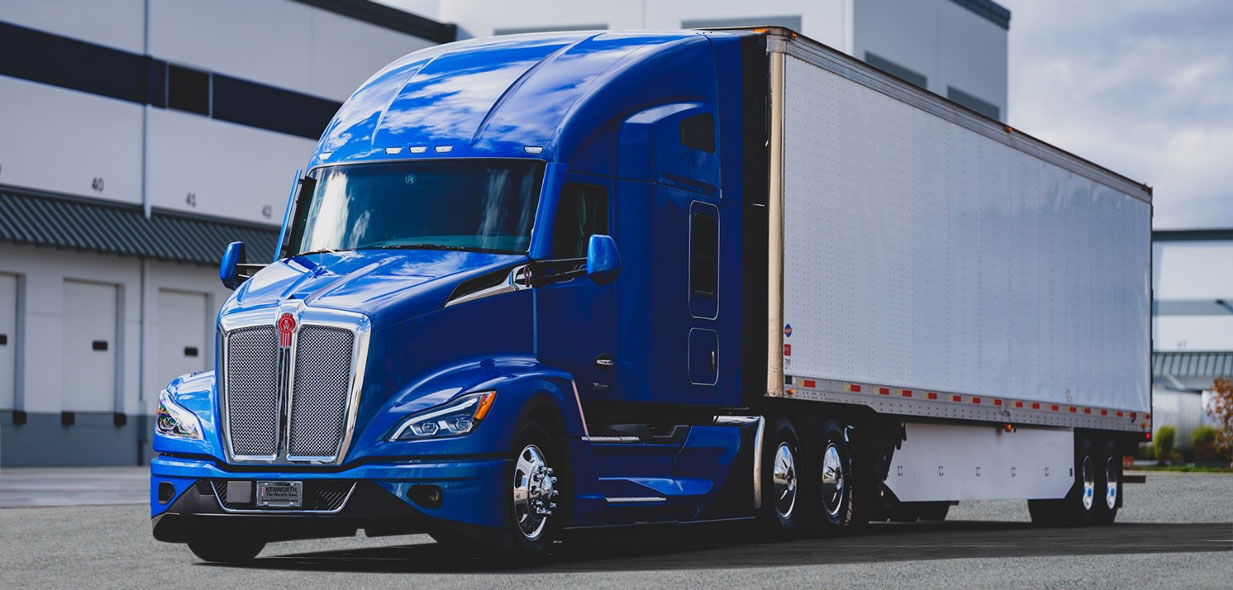Table of Contents
Introduction
Envision you’re the captain of your own refrigerated vessel on wheels, navigating the open road and delivering essential goods across the country. Sound appealing? Then hop on board, because reefer trucking might be the perfect career path for you!
Reefer trucking is the backbone of keeping shelves stocked with fresh produce, life-saving medications, and even that new flat-screen TV. These specialized trucks, nicknamed “reefers,” maintain precise temperatures to ensure their cargo arrives sparkling fresh, perfectly chilled, or safely frozen – no matter the weather.
Forget just hauling veggies! Reefer trucks are the taxi for all temperature-sensitive goods, from juicy steaks to delicate vaccines.
Ready to take the wheel and chart your own course in this exciting industry? Keep reading to learn the steps to launch your very own reefer business and become a key player in the country’s supply chain!
How To Start A Reefer Business
1. Laying the groundwork
2. Licensing and Permits
3. Securing Your Financial Footing
4. Equipping Yourself for Success
5. Finding your Freight
6. Additional Considerations
Recap
1. Laying the groundwork
Business plan
To start a reefer business, develop a solid plan. This is your roadmap to navigate the industry and secure funding. Take time to craft a comprehensive document outlining your company’s goals, target market, financial projections, and marketing strategies. Consider factors like the size of your fleet, the geographic area you’ll serve, and your long-term growth potential.
Create a Brand Identity
To begin a reefer business, first impressions matter. Create a professional brand identity that resonates with potential customers. This includes creating a memorable name for your business, designing a logo, and building a website. A strong brand presence will help you stand out in a competitive industry and attract new clients.
Legal structure
To embark on a reefer business, the legal structure you choose impacts your business in various ways. You need to decide which option best suits your needs. Common options include:
- a sole proprietorship, where you are the sole owner and responsible for all aspects of the business;
- a limited liability company (LLC), which provides liability protection while maintaining flexibility in management; or
- a corporation, offering separate legal status and limited liability for shareholders.
Consult with an accountant or lawyer to determine the best structure for your specific circumstances.
>>>MORE: Reefer Business Ideas
2. Licensing and Permits
To operate a successful reefer business, navigating the legalities of licensing and permits is crucial.
Register your business with the appropriate state and local authorities. Each state has its own process, so check with your state’s business department for specific guidelines. They’ll advise you on any necessary licenses and permits specific to your business type, such as general business licenses or health permits if you’re handling food.
If you plan to transport goods across state lines, you need to obtain federal licensing. The specific agency and requirements depend on your business activities, so consult the relevant federal agency to ensure you’re following all the rules.
Here are some key federal requirements you’ll likely encounter:
- Food Safety Modernization Act (FSMA): Get familiar with the FSMA guidelines, which establish standards for food safety, including transportation practices. Understanding these guidelines is crucial for ensuring the safe handling of perishable goods during their journey.
- US Department of Transportation (DOT) Number: Register for a DOT number. This unique identifier is essential for businesses involved in interstate transportation and helps track safety compliance and vehicle inspections.
- Motor Carrier (MC) Number: Issued by the Federal Motor Carrier Safety Administration (FMCSA), the MC number authorizes you to transport goods across state lines.
- Unified Carrier Registration (UCR): Simplify your life by participating in the UCR program. This program covers registration processes in multiple states and streamlines fee collection.
Depending on the materials you transport, you might also need a Hazardous Materials Endorsement with the proper training. Additionally, some states require additional permits for operating commercial vehicles, so be sure to research any state-specific requirements like weight permits, oversized load permits, or special-use permits.
Finally, secure the right insurance coverage. This includes commercial auto insurance to protect your vehicles and drivers, cargo insurance to safeguard the goods you transport in case of damage, theft, or accidents, and general liability insurance to cover any potential damages or injuries caused by your business operations.
Don’t hesitate to consult with a professional insurance agent specializing in commercial trucking. They can guide you in selecting the right coverage options based on your specific needs and the risks associated with your reefer business.
3. Securing Your Financial Footing
To launch a reefer business, you require a solid financial foundation. Several options exist, each with its own advantages and drawbacks. For example, online lenders offer quick and easy application processes for loans reaching up to $1 million but beware of potentially high interest rates and collateral requirements.
The SBA offers micro-loans specifically designed for startups, featuring lower interest rates and longer terms, but the application process can be competitive. For a flexible option, consider a business line of credit, allowing you to access funds as needed with interest only accruing on the used amount.
These are just a few options to get you started. You might also explore asset-based financing, business credit cards, or seeking funding from friends, family, or crowdfunding campaigns.
The best financing option depends on your specific situation, credit history, and business goals.
4. Equipping Yourself for Success
To initiate a reefer business, equip yourself for success by choosing the right wheels and keeping them rolling. When acquiring a reefer truck, consider both new and used options. New trucks offer cutting-edge technology and warranties but at a steeper upfront cost.
Used trucks are more budget-friendly, but carefully evaluate mileage, maintenance history, and the condition of the refrigeration unit. Leasing can be an attractive option, especially for startups, allowing you to use the truck without the full ownership burden. Remember, leasing terms and end-of-lease options vary, so choose wisely.
No matter which route you choose, prioritize regular maintenance. Follow the manufacturer’s recommendations for both the refrigeration unit and the truck itself to ensure efficient and reliable operation. Maintaining the correct temperature is crucial for your cargo, so routinely inspect and calibrate the refrigeration unit.
Be mindful of fuel consumption – reefer units require more diesel than standard trailers, so keep your tank topped up. Many loading docks even have minimum fuel requirements before loading. Finally, prioritize cleanliness, especially after hauling food items. Regular trailer clean-outs, ranging from simple sweeps to power washing, are essential for preventing contamination. Remember, invest in reliable reefer trucks, prioritize safety and compliance, and train your drivers to handle food products safely.
>>>PRO TIPS: Reefer Business Checklist
5. Finding your Freight
To set up a reefer business, you need to find consistent freight to keep your trucks running. Here’s how to become a master of the haul:
Understanding seasonal demands is key. Research peak seasons for produce or other goods and adjust your operations accordingly to capitalize on these high-demand periods.
Utilize online platforms like DAT and Truckstop.com [put a link to Truckstop.com after the period] to connect with shippers offering loads. These platforms act as a marketplace, connecting you with potential clients.
Don’t underestimate the power of networking! Build relationships with brokers, shippers, and fellow reefer operators. This can be a fantastic way to secure consistent freight and build a strong network within the industry.
6. Additional Considerations
Technology
Invest in GPS tracking and temperature monitoring systems. This boosts efficiency, improves customer service, and keeps you informed about your cargo.
Driver recruitment
As you expand, hire qualified drivers. Attract them with competitive pay and benefits, but prioritize safety. Recruit experienced drivers with clean records and train them comprehensively on safe driving, handling refrigerated goods, and using technology. Keep training current to stay compliant.
Compliance
Don’t get tripped up by regulations! Understand industry standards for safety, driver hours of service, and weight limits. Comply with all safety protocols set by authorities and implement a driver safety program.
Recap
Starting a reefer business involves several critical steps. First, you need to lay the groundwork by creating a comprehensive business plan and establishing a strong brand identity. Next, navigate the complexities of licensing and permits by registering your business and obtaining the necessary federal and state-specific licenses.
Securing your financial footing is essential, so explore various financing options, such as online loans, SBA micro-loans, or a business line of credit. Equipping yourself with the right reefer trucks, whether new, used, or leased, is crucial, and maintaining them properly ensures efficient operation.
Finding consistent freight through understanding seasonal demands, utilizing online platforms, and networking will keep your trucks running. Finally, invest in technology, recruit qualified drivers, and stay compliant with industry regulations. By following these steps, you can establish a successful and thriving reefer business.


